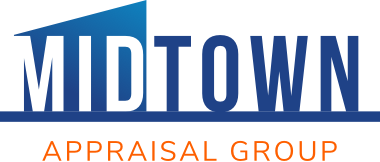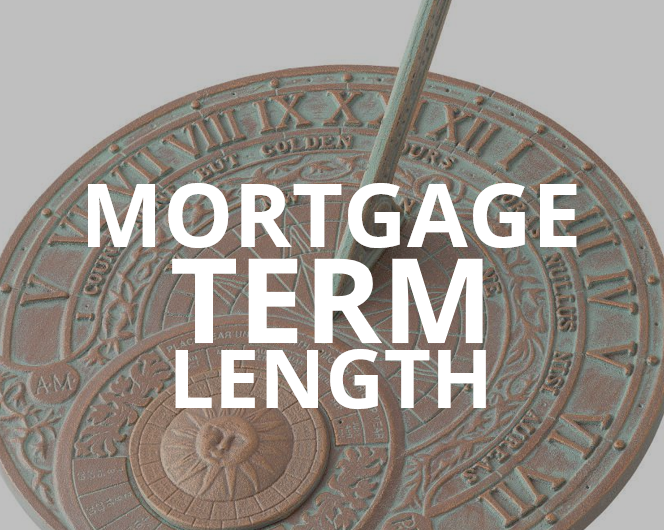Appraisers aren’t real estate salespeople or mortgage brokers, and definitely shouldn’t be offering advice or counsel to the people whose properties they’re appraising. However, as we’ve discussed before, because of our particular role in the process, and because they often end up meeting home buyers and sellers during their inspections, it’s not surprising that we’re often asked questions about home mortgages.
A recent study showed that as much as 50% of Canadians don’t really understand mortgage terminology, and aren’t able to explain all the details of their mortgage – even when they’re on the hook for hundreds of thousands of dollars. This isn’t because these people are ‘dumb’, or haven’t been paying attention. It’s because mortgages are complicated.
Given that 51% of Canadian homeowners weren’t able to correctly explain what was meant by mortgage ‘term’, we thought we’d address that here.
Mortgage term length
It’s important to know the difference between mortgage ‘term’ and ‘amortization period’. The amortization period is the full time over which your mortgage has been calculated (typically 25 years). In other words, the length of time between your first mortgage payment to the time the mortgage is paid in full is called the ‘amortization period’.
Mortgage ‘term’ is the set period during which certain features, such as interest rate, payment schedule, balloon payment opportunities, etc. will remain the same. Mortgage terms in Canada generally range from 6 months (perhaps for short-term bridge financing) to 10 years, but are typically 5 years.
In other words, with an amortization period of 25 years and a term of 5 years, you’ll end up signing new mortgage terms 5 times during the life of your mortgage.
Long-term vs short-term
Generally speaking, mortgage terms of 6 months-3 years are considered ‘short-term’, while mortgage terms of 4-10 years are considered ‘long-term’. In Canada, the average mortgage term is 5 years – but may have some features of the short-term mortgage.
Long-term mortgages: Stability over interest rate
Long-term mortgages, because they lock the mortgage provider in for a long period in which the national and global financial landscape may change significantly, tend to have higher interest rates than short-term mortgages.
However, even with that premium, long-term mortgages can be appealing to consumers because they provide stability and predictability: You don’t have to worry that your mortgage payments will change dramatically during that period, and you don’t have to worry about renegotiating your mortgage terms every couple of years. For people on fixed incomes or who find the mortgage process stressful, the long-term mortgage can be a good option.
Short-term mortgages: Lower rates, higher risk
The lower interest rates attached to short-term mortgages can make them appealing, but their lack of long-term stability can make them risky. You may get a fantastic rate on a 3-year mortgage today, but when it comes time to renew in 2023, you may find your interest rate increases significantly, which means a higher monthly payment that may be difficult for your budget to absorb.
Short-term mortgages can make sense if you anticipate life changes: If you’re reasonably certain that your household income will have increased by the end of the term (and is therefore able to handle a higher payment if it occurs); if you plan on making a major life change that might change your financial circumstances (like getting married); or if you anticipate a financial windfall that might make it easier for you to apply a large lump sum to your overall mortgage (which is often only possible at term end).
Which mortgage type is right for you?
We’re not going to offer an opinion on the ‘right’ mortgage – we’re appraisers. However, what is right for everyone is to ensure that you know what you’re getting into. Do your research and ask questions – and remember, a financial institution or mortgage broker who is reluctant to answer those questions probably won’t be a good partner in the long term. It’s your home – you deserve to know as much as possible.


